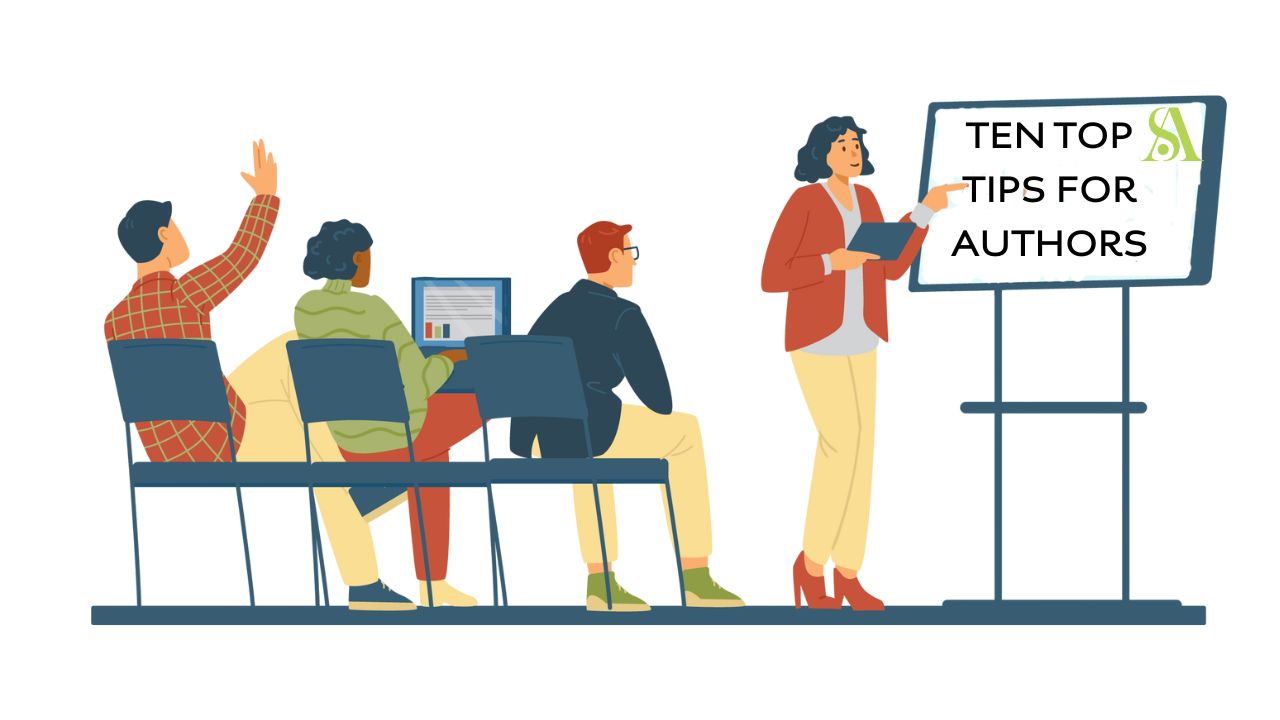Authors have a moral right to be identified as the author whenever their work is used and to object to derogatory treatment of their work. Copyright law enables authors to monetise their work, underpinning the publishing and creative industries as a whole. See where we stand on copyright here.
There are four moral rights in UK copyright law:
1. Paternity
The moral right of paternity is the right of an author to be identified whenever a work is published, performed or broadcast. In other words, authors, scriptwriters, illustrators, and translators must be properly credited.
In addition to ‘asserting’ this right (see below) we strongly advise that any contract spells out exactly where in the work you will be credited as the author (and, if relevant, e.g. for illustrators, translators, scriptwriters, co-writers: how prominently compared with others).
2. Integrity
The moral right of integrity is the right of an author to object to ‘derogatory’ treatment of a work. Treatment is ‘derogatory’ if it amounts to ‘distortion or mutilation … or is otherwise prejudicial to the honour or reputation of the author …’.
This sits alongside the fact that the author is the owner of copyright in his/her work (unless it is assigned to someone else, or the work was undertaken in the course of your employment) and the copyright owner’s approval is needed before the work can be radically altered. In practice, alterations which amount to ‘derogatory treatment’ are likely also to be defamatory.
3. False attribution
The moral right of false attribution is the right not to have a work wrongly attributed to you as its author.
This potentially could arise with works that go into revised editions where the original author has not also done the revising.
4. Privacy
The moral right of privacy relates to the privacy of people who are featured in photos, videos etc, which were commissioned for private purposes.
Since this moral right was introduced, the law increasingly recognises all people’s right to privacy in any context, and authors should always be mindful of that fact.
Are there any formalities?
The rights of integrity, false attribution and privacy are automatic, without any formalities.
The right of paternity has to be ‘asserted’ the right in writing. It is not clear from the Act when the ‘assertion’ must take place, but we advise authors to include a suitable clause in each contract. For example:
The Author asserts his/her moral right to be identified as the Author of the work in relation to all such rights as are granted by the Author to the Publisher under the terms and conditions of this Agreement.
The publisher will print such an assertion on the verso title page of every copy of every edition of the work, make such an assertion a condition of contract with any licensee.
How long do moral rights last?
The rights of paternity and integrity last as long as the copyright in the work. The right not to have work falsely attributed expires 20 years after death.
When do moral rights not apply?
The rights of paternity and integrity do not apply when work is published in a newspaper, magazine or similar periodical, or to contributions in an encyclopedia, dictionary, yearbook or other collective work of reference.
Can an author waive their moral rights?
Yes. Moral rights cannot be assigned to someone else, but they can be waived by the author in writing.
Some publishers ask for a partial waiver of the right of integrity. This is not unreasonable if the waiver extends only to changes necessary for the work to be adapted for other editions, e.g. a feature film. There should not be a blanket waiver of your right of integrity without very good reason.
A partial or full waiver of moral rights is often seen in contracts where the publisher/producer is seeking an assignment of copyright.
What happens to moral rights when an author dies?
Moral rights pass to whoever is nominated in the author’s will. If no direction is given in a will, the rights pass to the person receiving the copyright. However, the right of a person not to have a work falsely attributed to him/her is only actionable by an author’s personal representatives.





